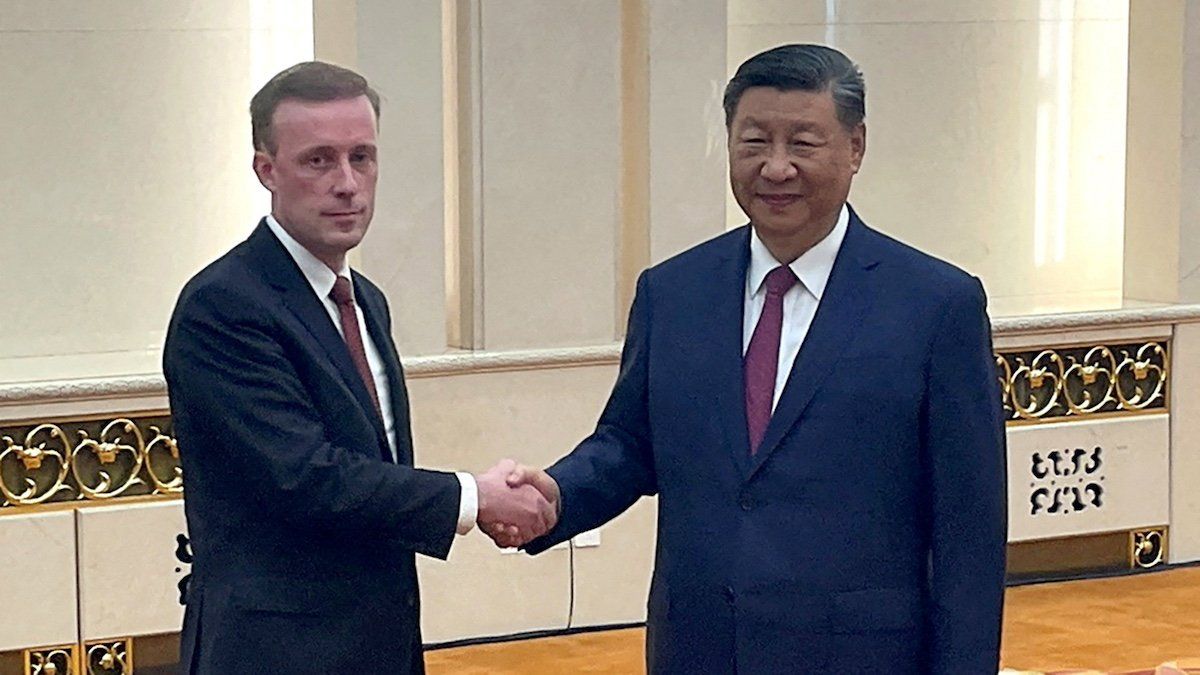Chinese President Xi Jinping struck a conciliatory tone when he met with US national security adviser Jake Sullivan on Thursday, after three days of talks aimed at managing tensions in the US-China relationship. Sitting in the Great Hall of the People on Tiananmen Square in Beijing, Xi said, “In this changing and turbulent world, countries need solidarity and coordination … not exclusion or regress.” Their meeting was the culmination of efforts to communicate thoroughly over points of potential conflict, including Taiwan, Ukraine, and the South China Sea.
Sullivan also met with the vice chair of China’s Central Military Commission,Zhang Youxia,the highest-ranking military official to have sat down with the Biden administration. Zhang accused the US of “collusion” with Taiwan, but the meeting produced an agreement to conduct more bilateral military talks, which it is hoped will help avoid surprises and escalation.
There was one topic Sullivan explicitly said was not discussed: the US election. As we wrote earlier this week, Beijing was thrown for a loop by President Joe Biden’s withdrawal from the Democratic ticket and seems to be taking a wait-and-see approach. Both sides agreed to work toward a Biden-Xi phone call in the coming weeks, and Sullivan indicated the White House is ready for a face-to-face meeting at the G20 summit in November as well.